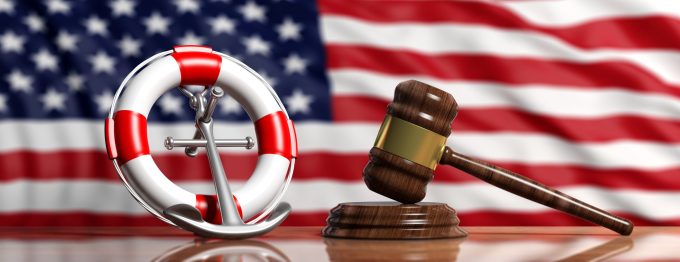Tighter EU import requirements proving 'a challenge' for forwarders
“Stricter Customs regulations” from the EU’s ICS2 will see “stricter enforcement”, Hapag-Lloyd has warned, and ...

The Federal Maritime Commission (FMC) has admitted to “questions and concerns” over whether the Maersk and Hapag-Lloyd Gemini Cooperation will have anti-competitive consequences.
Following a statement saying the FMC had reviewed the cooperation agreement, “within the statutory timeframe” and had decided not to seek an injunction against the deal ? the only tool at its disposal ? FMC chairman Daniel Maffei put out another statement.
“The Gemini Cooperation Agreement will take effect today by the operation of law. Nonetheless, I have questions ...
Volcanic disruption at Anchorage could hit transpacific airfreight operations
Macron calls for ‘suspension’ – CMA CGM's $20bn US investment in doubt
De minimis exemption on shipments from China to the US will end in May
Forwarders stay cool as US 'liberation day' tariffs threaten 'global trade war'
Trump tariffs see hundreds of cancelled container bookings a day from Asia
Mixed response in US to 'Liberation Day', while China leads wave of retaliation
Tariffs and de minimis set air freight rates on a volatile course


Comment on this article